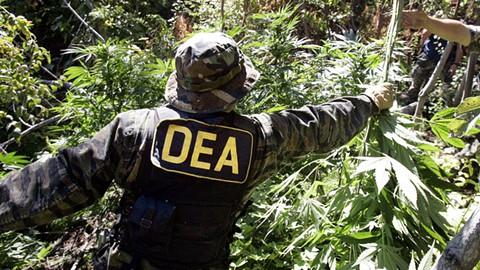Chronicle AM: US Legal MJ Sales Near $6 Billion, ME Goes Legal at Month's End, More... (1/3/17)
Happy New Year! Legal marijuana sales hit a new record, Maine's legalization law will go into effect on January 30 (but no shops yet), Puerto Rico sees its first dispensaries, and more.








